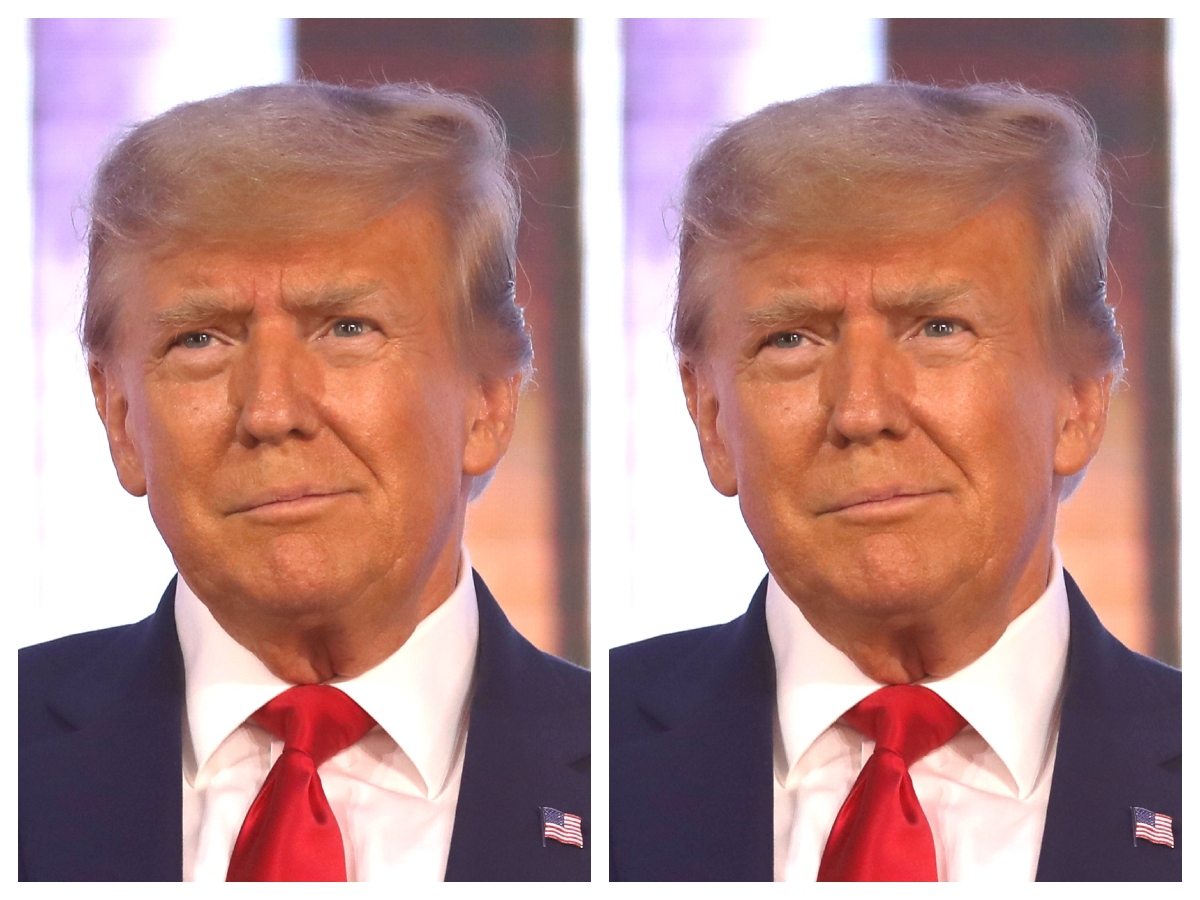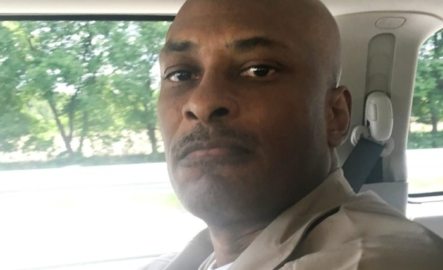The Trump administration is not relenting in its bid to keep full SNAP benefits frozen while the government remains shut down. On Monday, it asked the Supreme Court justices to consider its plea.
The emergency appeal is the latest turn in a fast-moving legal battle over how the Supplemental Nutrition Assistance Program should operate during the unprecedented shutdown. Lower courts have ordered the administration to restore full payments, but the government insists the freeze should stay in place until Congress resolves funding. The high court is expected to issue a ruling Tuesday.
The conflicting court decisions have produced a patchwork of outcomes. In some states, including New Jersey and Hawaii, recipients have already received their full monthly benefits, while others, such as Nebraska and West Virginia have seen none.
READ ALSO: Trump administration orders states to reverse SNAP payments after Supreme Court ruling
Brandi Johnson of St. Louis said she has just $20 left in her SNAP account and has gone without meals to feed her three teenagers. “I think about it 24 hours a day, seven days a week, literally,” said Johnson, 48, who is also caring for her infant granddaughter with food allergies and her 80-year-old mother in an AP report. “Because you’ve got to figure out how you’re going to eat.”
Food pantries, she said, have offered little help, often prioritizing seniors or residents of certain ZIP codes.
Administration officials argue that court orders requiring full payments interfere with congressional negotiations to reopen the government. Solicitor General D. John Sauer called the lapse in funding “tragic” but said judges should not decide how the shutdown’s effects are managed.
On Capitol Hill, the Senate on Monday passed a compromise bill to end the shutdown and replenish SNAP funds, sending the measure to the House for consideration.
Initially, the Trump administration said no SNAP payments would be issued in November. After lawsuits from states and advocacy groups, judges in Massachusetts and Rhode Island ruled that skipping an entire month of benefits was unlawful. The administration then pledged to use emergency reserves to provide 65 percent of the regular amount. But U.S. District Judge John J. McConnell in Rhode Island ruled last week that partial funding was insufficient and ordered full benefits restored by Friday.
Several Democratic-led states quickly instructed their vendors to distribute full SNAP payments before Justice Ketanji Brown Jackson paused McConnell’s order late Friday pending review by an appeals court. Millions of others, however, are still waiting for payments as the USDA holds back guidance. Some states, including Texas, began issuing partial benefits on Monday.
“Continued delays deepen suffering for children, seniors, and working families, and force nonprofits to shoulder an even heavier burden,” said Diane Yentel, president and CEO of the National Council of Nonprofits, one of the plaintiffs in the case. “If basic decency and humanity don’t compel the administration to assure food security for all Americans, then multiple federal court judges finding its actions unlawful must.”
The administration asserts that being forced to disburse full benefits violates the Constitution by undermining the spending powers of Congress and the executive branch.
Wisconsin, among the first states to follow McConnell’s order, has since had its federal reimbursements frozen. Officials warned the state’s SNAP account could run out of funds as early as Monday, leaving grocery stores without repayment for food purchased by beneficiaries.
Meanwhile, confusion continues to ripple through states and retailers. New York Attorney General Letitia James said some stores have refused SNAP cards, fearing they won’t be reimbursed, a practice she demanded end immediately. New Jersey Attorney General Matt Platkin accused Trump of fighting “for the right to starve Americans.” “It’s the most heinous thing I’ve ever seen in public life,” he said.
Over the weekend, the administration instructed states to “undo” full payments issued during a brief period before the Supreme Court pause took effect. A federal appeals court in Boston left the full-benefits order intact Sunday night, though the Supreme Court’s intervention means the government will not have to release payments for at least two more days.
“The record here shows that the government sat on its hands for nearly a month, unprepared to make partial payments, while people who rely on SNAP received no benefits a week into November and counting,” wrote Judge Julie Rikleman of the U.S. 1st Circuit Court of Appeals.
In Boston, U.S. District Judge Indira Talwani on Monday halted a USDA request telling states to reverse full payments. During a later hearing, Talwani criticized the agency for confusing state officials after sending contradictory letters within days.
READ ALSO: Trump administration appeals ruling requiring full SNAP funding in November
Federal lawyer Tyler Becker said the directive was meant only to address how states receive funds, “and had nothing to do with beneficiaries.” Talwani said she would issue a full order soon.










